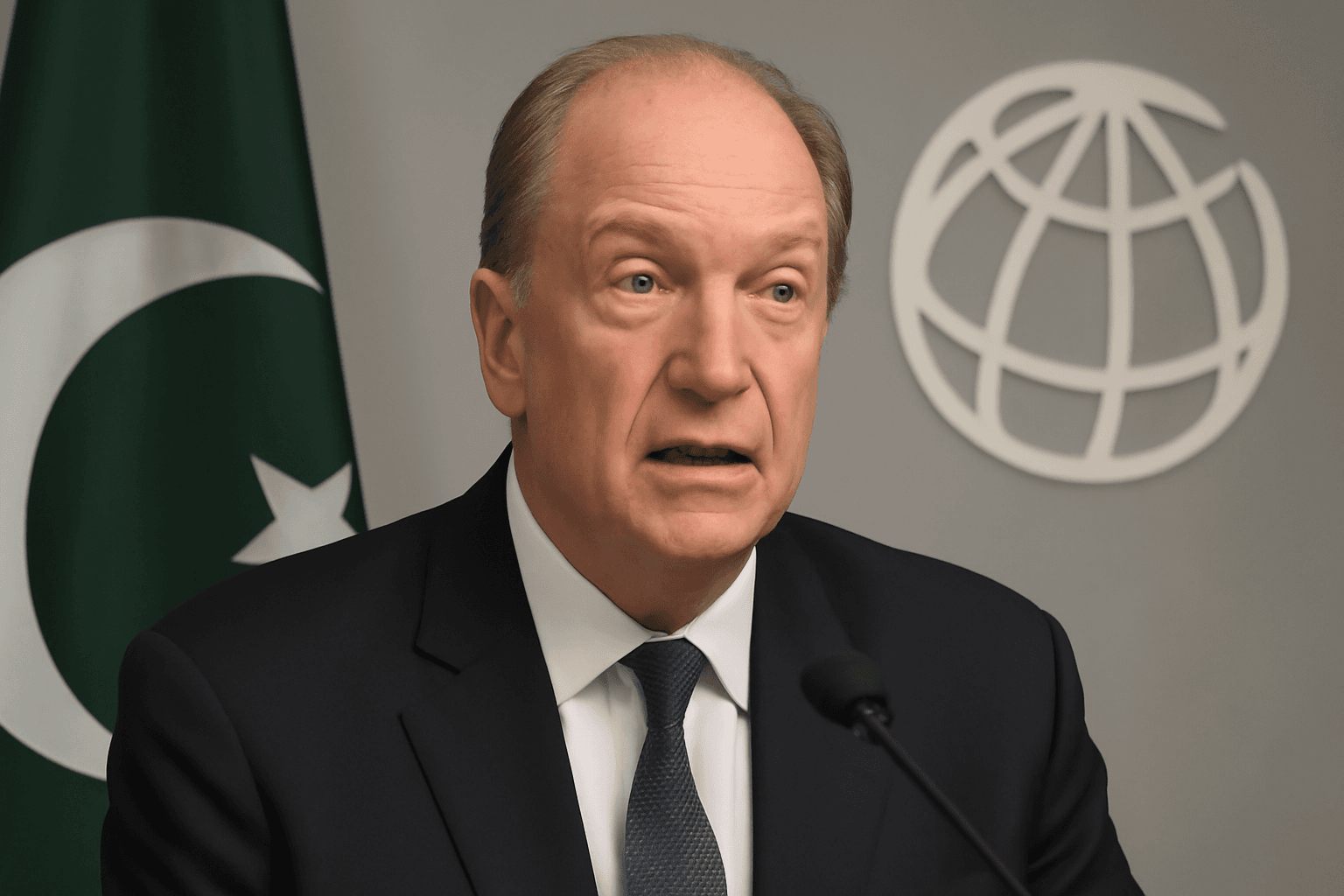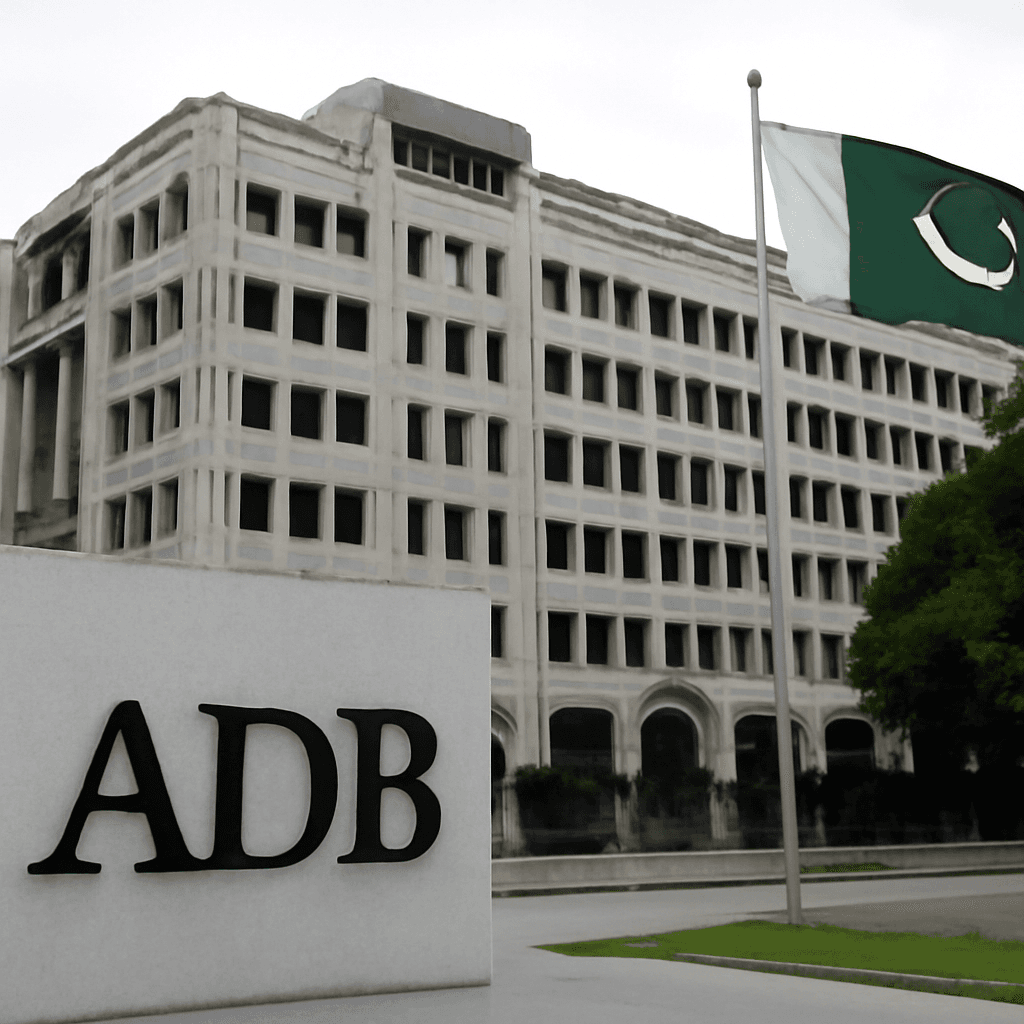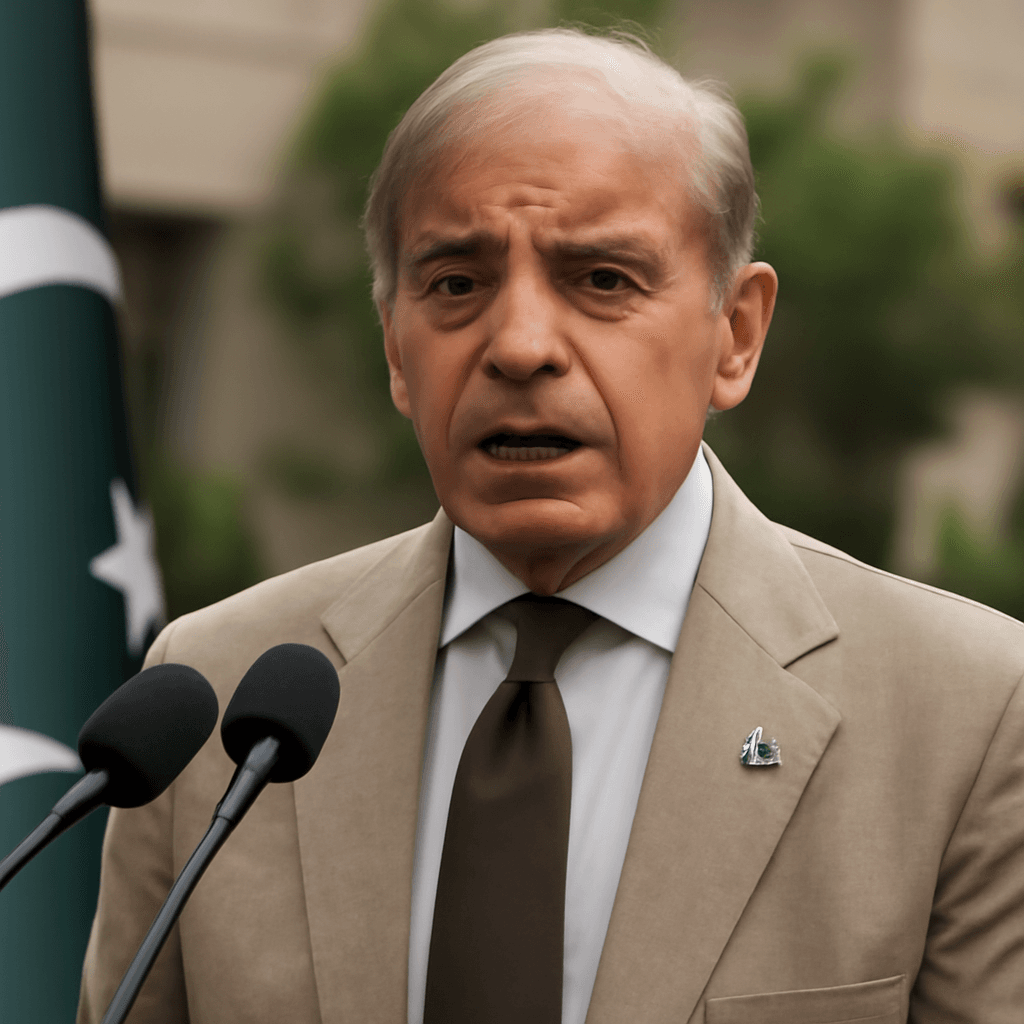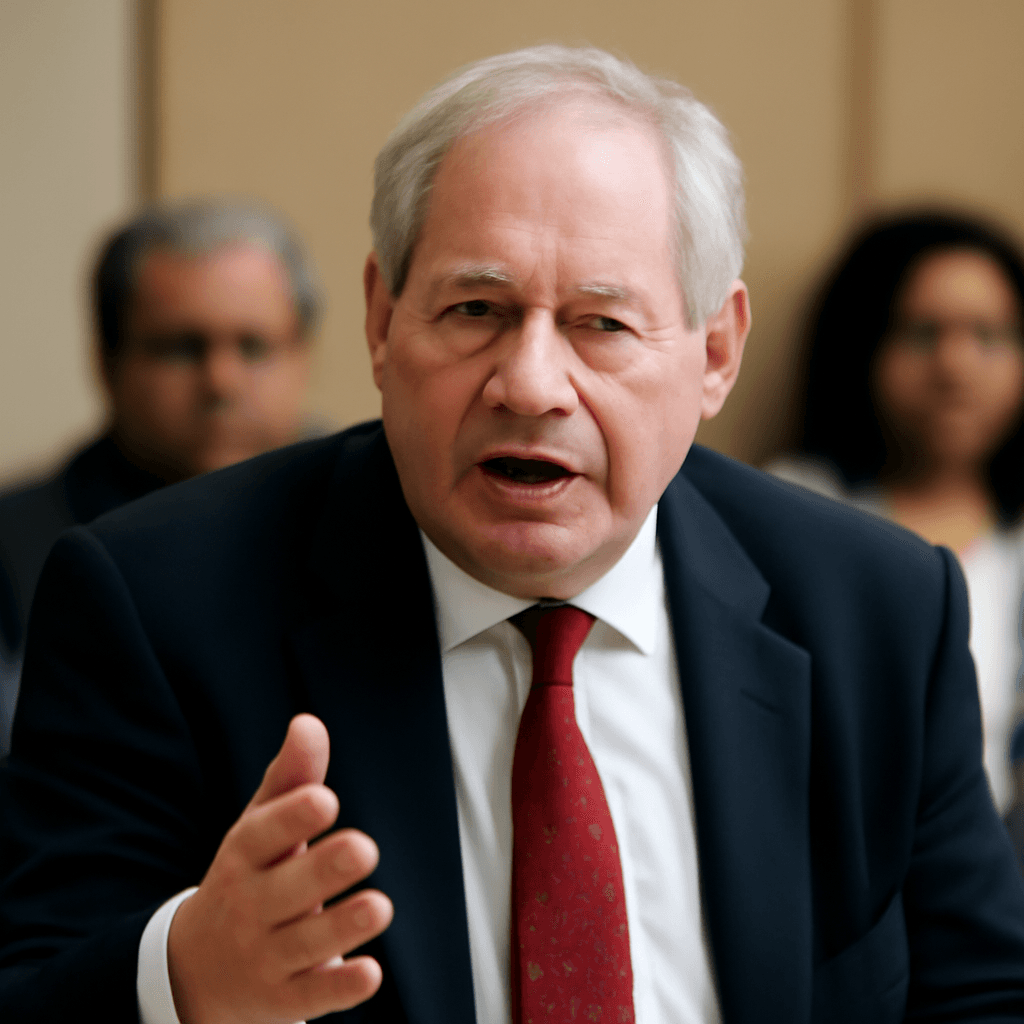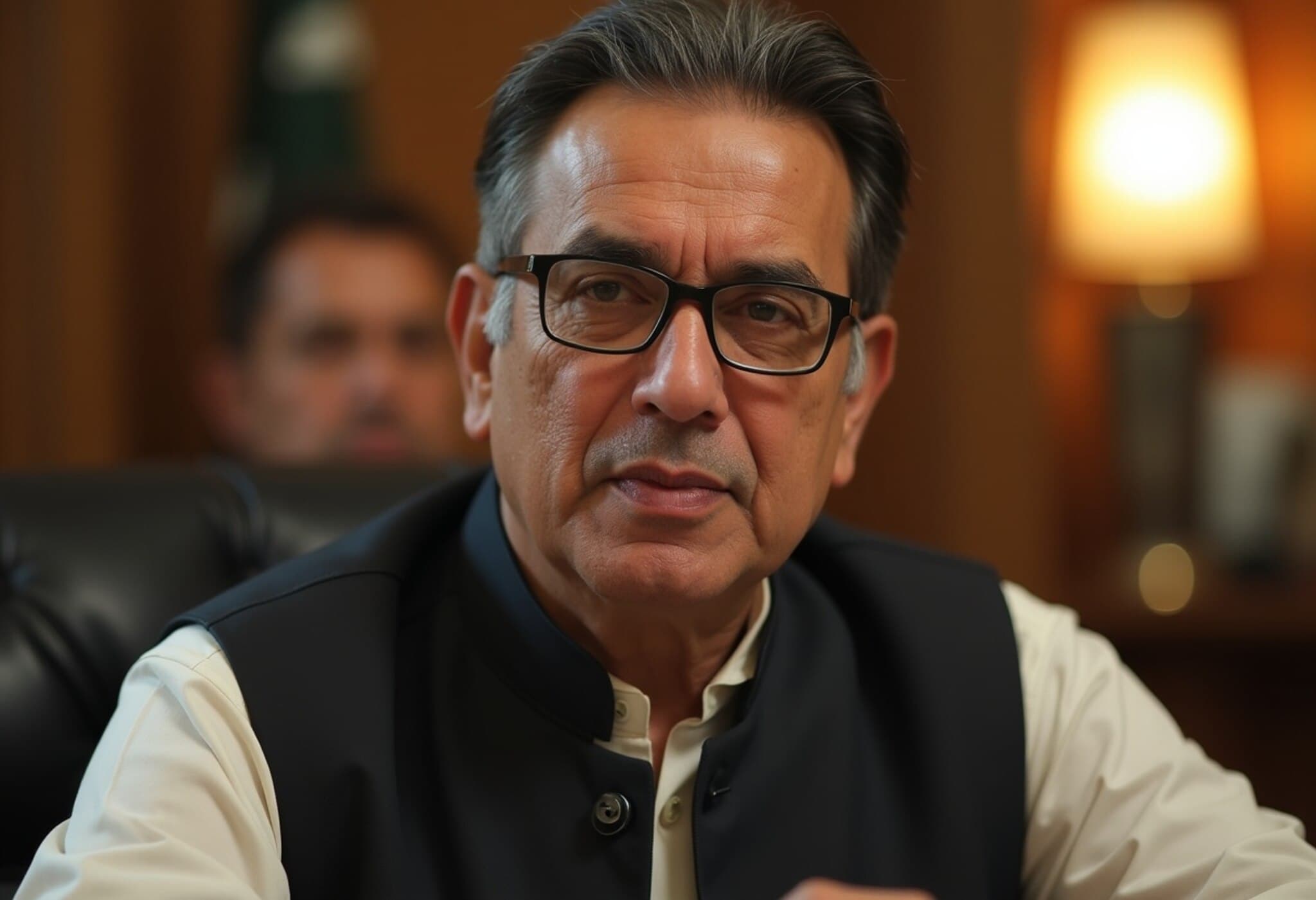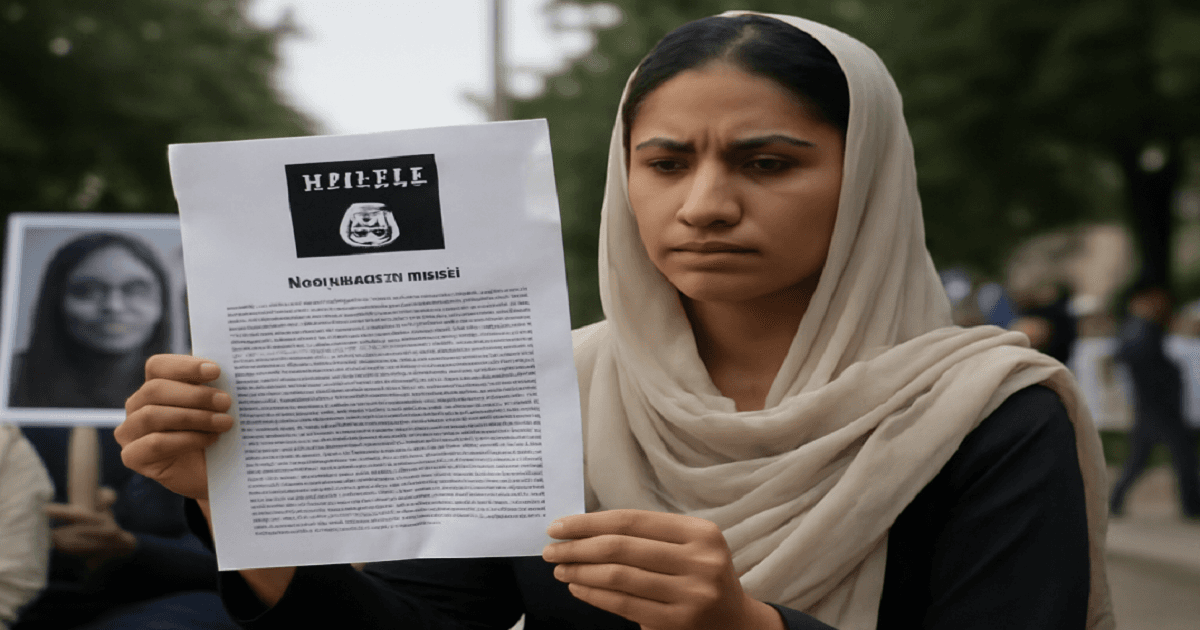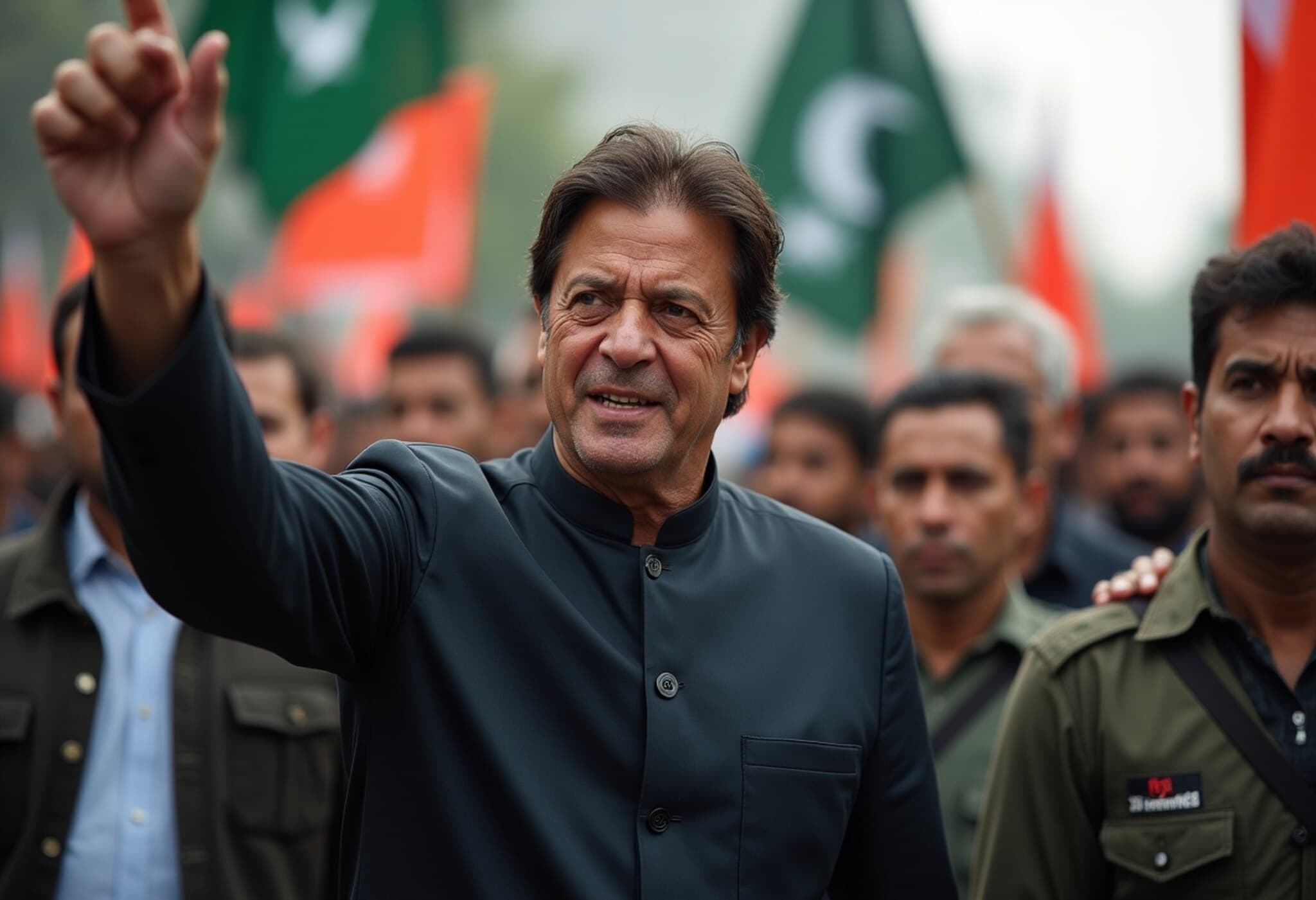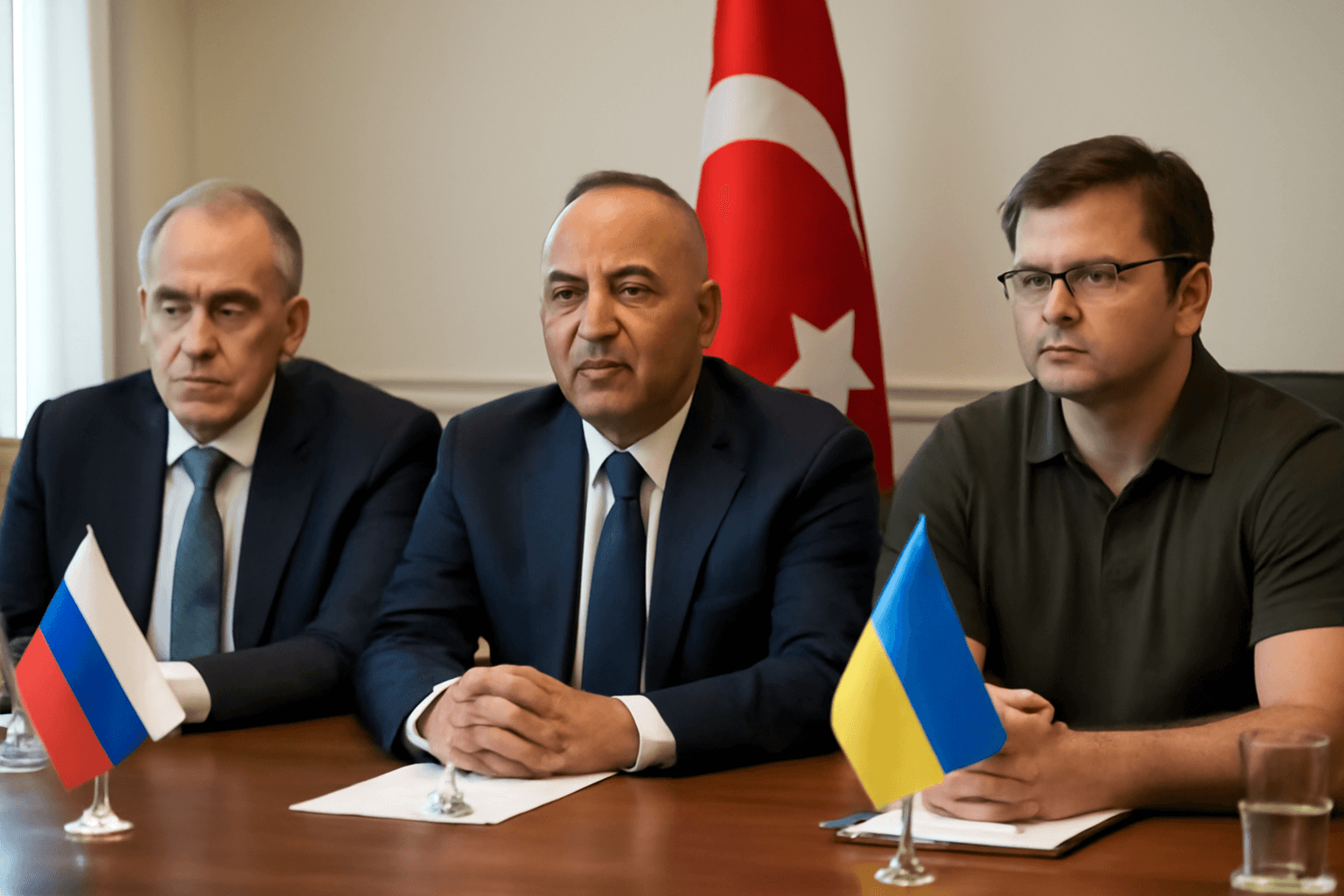The World Bank recently announced a substantial $40 billion financial assistance package for Pakistan, extending over a period of 10 years (2026–2035) under its new Country Partnership Framework (CPF). This marks a significant increase in engagement aimed at supporting Pakistan's public services, private investment climate, education, healthcare, clean energy, and climate resilience initiatives.
The CPF plans to distribute $20 billion through public sector loans, while the International Finance Corporation (IFC) intends to mobilize an additional $20 billion to stimulate private sector growth. These funds align with Pakistan's stated development priorities, but concerns remain regarding the country’s longstanding governance weaknesses and inefficiencies, particularly within its tax system, which the World Bank has identified as a critical area for reform to ensure fiscal sustainability and effective utilization of international aid.
Critics argue that the World Bank risks replicating errors made by the International Monetary Fund (IMF) during its financial engagements with Pakistan. The IMF recently disbursed $1 billion to Pakistan despite vocal objections from regional stakeholders, notably India, which has consistently raised alarms about Pakistan's historical patterns of misusing funds and supporting extremist groups.
India’s defense authorities have urged global financial institutions to reconsider aid packages, warning that funds may be redirected toward terrorist activities, and have called for enhanced conditions on such financial support. The IMF, responding to these concerns, has imposed stringent reform requirements including improved governance, fiscal discipline, and transparency.
Pakistan's financial system remains under scrutiny, having been placed on the Financial Action Task Force's (FATF) grey list due to inadequate anti-money laundering and counter-terrorism financing measures. Furthermore, Pakistan’s porous borders and weak regulatory oversight continue to facilitate illicit activities such as smuggling, drug trafficking, and extortion, which are often linked to funding terror operations.
Historical evidence highlights repeated instances where international aid, including loans from the IMF and World Bank, has been diverted for military procurement and extremist financing. Organizations within Pakistan's military and intelligence apparatus have been accused of channelling funds to terror groups, further complicating the effective use of foreign aid for development goals.
Observers caution that without enforceable accountability frameworks and firm conditionalities, the World Bank’s CPF funds could fall victim to the same cycle of mismanagement that undermined previous international bailouts. This would jeopardize the prospects for meaningful socio-economic progress in Pakistan and potentially exacerbate regional instability.
Ultimately, the World Bank’s commitment to Pakistan represents a critical opportunity but also a significant risk. Effective oversight and rigorous enforcement of reforms will be essential to ensure that funds contribute to genuine development rather than perpetuate patterns of misuse and support for extremist activities.

